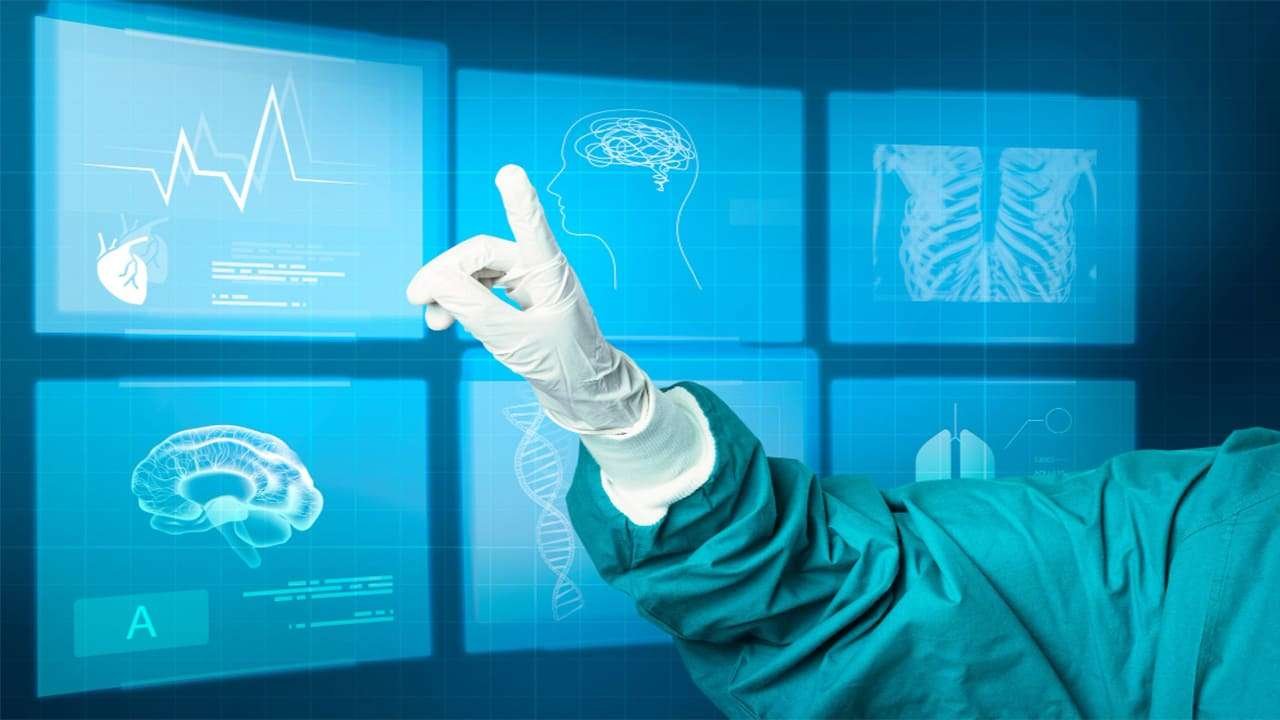The healthcare industry has been undergoing significant changes in recent years, largely driven by digital transformation. Digital transformation is the integration of digital technology into all areas of a business, resulting in fundamental changes in how businesses operate and deliver value to customers. In healthcare, digital transformation is about leveraging technology to improve patient outcomes, enhance patient experiences, and optimize healthcare delivery. In this blog, we will discuss how digital transformation is improving patient outcomes in healthcare.
What is Digital Transformation in Healthcare?
Digital transformation in healthcare involves the use of digital technologies such as electronic health records (EHRs), telemedicine, artificial intelligence (AI), and Internet of Things (IoT) devices to improve the delivery and quality of healthcare services. Digital transformation enables healthcare providers to capture, store, and analyze patient data more efficiently, facilitating better decision-making and improving patient outcomes.

Improving Patient Outcomes Through Digital Transformation
Digital transformation is changing the way healthcare is delivered, leading to better patient outcomes. Here are some ways digital transformation is improving patient outcomes in healthcare
Remote Patient Monitoring
Digital transformation has made it possible for healthcare providers to monitor patients remotely, even outside traditional healthcare settings. This has been especially beneficial for patients with chronic conditions such as diabetes and heart disease. With remote patient monitoring, healthcare providers can track patient data in real time, enabling early detection of potential complications and prompt intervention.
Improved Diagnosis and Treatment

Digital transformation has led to significant advancements in medical technology, such as AI-powered diagnostic tools. AI-powered diagnostic tools use machine learning algorithms to analyze medical data and make accurate diagnoses. This has led to faster, more accurate diagnoses and more effective treatments, ultimately improving patient outcomes.
Enhanced Patient Engagement
Digital transformation has enabled healthcare providers to engage with patients in new ways, enhancing patient experiences and ultimately improving patient outcomes. Patient portals, for example, allow patients to access their medical records, schedule appointments, and communicate with their healthcare providers from anywhere at any time. This increased patient engagement can lead to better adherence to treatment plans, improved patient satisfaction, and ultimately better outcomes.
Streamlined Healthcare Delivery
Digital transformation has streamlined healthcare delivery, making it more efficient and effective. EHRs, for example, enable healthcare providers to access patient information from anywhere at any time, reducing the need for paperwork and improving care coordination. This increased efficiency leads to more effective healthcare delivery and ultimately better patient outcomes.
In short
Digital transformation is transforming healthcare, leading to better patient outcomes, enhanced patient experiences, and optimized healthcare delivery. As the healthcare industry continues to evolve, it is essential for healthcare providers to embrace digital transformation to remain competitive and meet the evolving needs of patients. By leveraging digital technologies, healthcare providers can improve patient outcomes, reduce costs, and enhance the overall quality of care.
The digital transformation in healthcare has revolutionized the way patient care is delivered, leading to improved outcomes and better overall experiences. By embracing technology, healthcare organizations have been able to streamline processes, enhance communication, and provide personalized care to patients.
The adoption of electronic health records (EHRs) has allowed for seamless and secure sharing of patient information among healthcare providers, leading to more coordinated and efficient care. Telemedicine and remote monitoring have expanded access to healthcare services, especially for individuals in remote areas or with limited mobility. Patients can now connect with healthcare professionals virtually, receive real-time medical advice, and monitor their health from the comfort of their homes.
Moreover, innovative technologies such as artificial intelligence (AI), machine learning, and data analytics are being utilized to identify patterns, predict disease progression, and provide personalized treatment plans. These advancements have not only enhanced diagnostic accuracy but also enabled healthcare providers to deliver tailored interventions and preventive care.
Read more: truereviewmagazine.com










